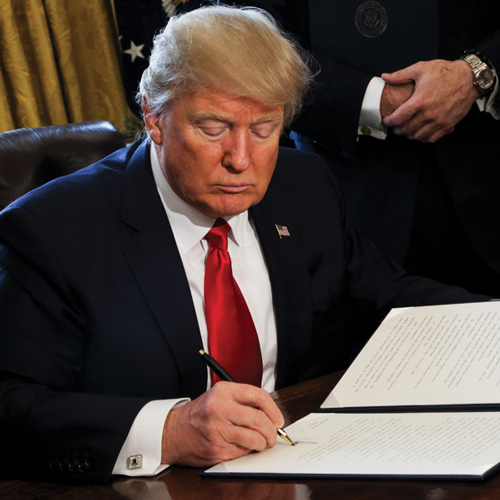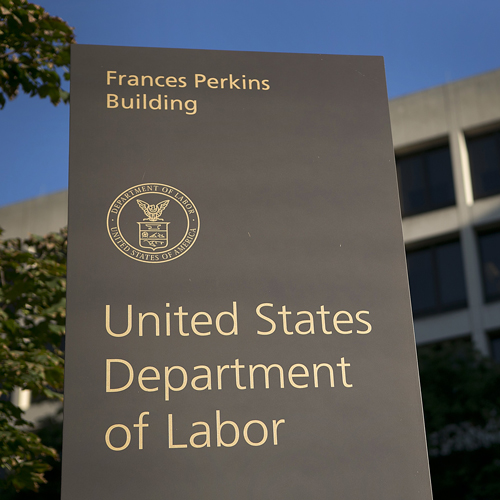Move to delay implementation threatens DOL fiduciary rule
The implementation delay stops a regulation that has been almost seven years in the making.
Proponents of the fiduciary rule said Friday the Department of Labor’s move to delay its implementation could be a harbinger of the Trump administration’s intention to kill the measure altogether.
“It looks as if it’s the first nail in the coffin, although it’s too early to say there’s going to be a funeral,” said Duane Thompson, senior policy analyst at Fi360, a fiduciary duty training and consulting firm.
Two months before the initial implementation deadline of the sweeping Labor Department regulation that requires financial advisers to act in the best interests of their clients in retirement accounts, the agency is seeking to delay the measure.
The DOL submitted a rule to stall the regulation to the Office of Management and Budget on Feb. 9. The proposal will not become public until the DOL releases it after OMB’s review.
“They have pre-judged the issue,” said Barbara Roper, director of investor protection at the Consumer Federation of America. “The only reason to repeal the rule at this point is to give a multi-billion dollar handout to the industry paid for by working Americans and retirees. That is the exact opposite of what President Trump promised to do when he was on the campaign trail.”
Supporters like Ms. Roper say the rule is necessary to protect investors from inappropriate high-fee investments that erode savings.
Financial industry trade associations have asserted that it is too complex and costly and could deprive investors with modest assets from access to advice.
It’s expected that the DOL will seek a 180-day delay in the April 10 applicability date. The delay itself likely will be subject to a two-week comment period. The DOL will say it needs the delay in order to reassess the rule as called for in a Feb. 3 memorandum from President Donald Trump.
Mr. Trump told the agency to conduct a new cost-benefit analysis to determine whether investors or financial firms would be harmed by the regulation and to revise or rescind the rule if it does.
The implementation delay stops a regulation that has been almost seven years in the making. It comes just days after a judge in a Dallas federal court upheld the rule and shot down each of the industry’s arguments against it.
The DOL may be on the verge of filing another rule with OMB that would re-open regulation to comments. Doing so could bring many complications.
“Re-opening the substantive provisions would have to be approached very carefully or we’ll be back at the drawing board,” said Jason Roberts, chief executive of the Pension Resource Institute.
The DOL’s review of the rule might not lead to complete repeal, according to Mr. Thompson.
There is a chance that the best-interest contract exemption, a legally binding agreement between an adviser and client that the adviser will put the client’s interests first, could be revised without being thrown out.
Or the DOL could remove provisions that would define as fiduciary advice a recommendation that a client rollover her 401(k) account into an individual retirement account.
The agency also could modify provisions related to indexed annuities and other products that have caused controversy and spurred court cases.
In order to change or repeal the rule, the DOL would have to go through a complete rulemaking process. Proponents of the current rule who were on offense during the Obama administration are now ready to play defense.
“Now our job is to ensure that [the DOL] is as scrupulous in its reconsideration [of the rule] as it was in adopting the rule,” Ms. Roper said.
She said that the DOL must take into account that several courts have upheld the rule, that many firms have started lowering fees on services and products and that many have already spent millions of dollars to comply.
“If they don’t, presumably, we’ll be looking at a legal challenge of our own,” Ms. Roper said.
Officials from industry groups were not immediately available for comment. Their spokesmen said that they wanted to wait until the DOL delay had been published.
They’re hoping the Trump administration will do an about face on the rule.
“A wholesale, 180 [degree] turn, I’ve never seen it,” Mr. Roberts said. “I never thought I would.”
Learn more about reprints and licensing for this article.













